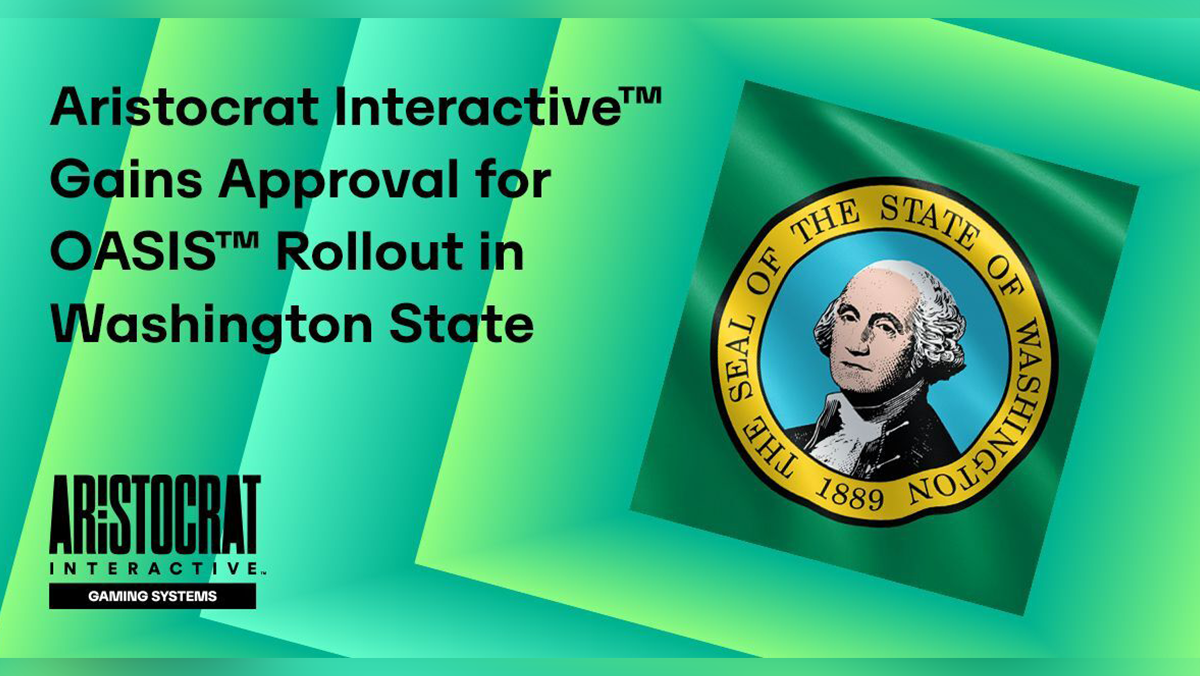AGA warns Massachusetts lawmakers against banning college sports betting and ads; NJ Gov. encourages legalization

The American Gaming Association (AGA) on Thursday submitted a letter to the Massachusetts General Court expressing concern about Massachusetts potentially banning bets on collegiate sporting events, placing excessive restrictions on sportsbook advertising, and adopting an unreasonable tax rate for sportsbook operators. On the same day, New Jersey Governor Phil Murphy voiced his support for Massachusetts lawmakers seeking to legalize sports betting in their state.
The Massachusetts State Senate passed its version of a sports betting bill late last month, but given the proposal differs in a number of points from legislation passed by the House of Representatives last year, both chambers must now work on a new proposal, and is currently being discussed in a conference committee to attempt to resolve those differences.
In the letter signed by AGA's President and CEO Bill Miller, the trade body argues that banning college sports wagering in Massachusetts will not stop it from happening illegally and will have harmful impacts. In that sense, AGA notes that since many customers prefer to keep their entire sports betting wallet with a single operator, banning college sports wagers will encourage them to place all their bets in the illegal market. Miller explained that regulated betting on college sports strengthens the integrity of games and protects bettors, competitions and athletes by enabling monitoring by regulators and law enforcement, which the illegal market does not provide.
Nationwide, AGA estimates that wagering on collegiate sports accounts for as much as 20% of all legal betting, which is an estimated $11.5 billion of the $57.71 billion wagered in 2021. This year, AGA's research found that 45 million Americans planned to wager $3.1 billion on the NCAA March Madness men’s basketball tournament alone.
"Moreover, the recent decision by the NCAA to allow individual institutions and conferences to pursue data-sharing agreements will further enhance the efficiency and
integrity of the legal marketplace for wagering on collegiate athletics," Miller wrote.
Furthermore, the trade body's head warned that limiting sportsbook advertising in Massachusetts will keep legal operators from effectively combating the competitive advantages enjoyed by illegal sportsbooks. He underlined that advertising is a critical tool in new markets to inform the public about which sportsbooks are legal and regulated, and ensure customers receive responsible gaming messages. "While sports betting only constituted one percent of total broadcast ads last year, the industry, media partners and sports leagues recognize the need to ensure a sustainable and responsible advertising market," he argued.
Finally, Miller called on Massachusetts lawmakers to adopt a "reasonable tax rate" to allow regulated operators to effectively compete against illegal entities that do not pay taxes or generate economic benefit for the state. "Sports betting is a low margin business and will not be viable long term if a burdensome taxation framework is adopted," he claimed.
.@AmericanGaming commends efforts by Massachusetts policymakers to give Bay Staters legal sports betting options. But to get the legal market right—for both states and consumers—regulations must allow licensed sportsbooks to compete with illegal, offshore operators. https://t.co/z3ctQYmF67
— Bill Miller (@BillMillerAGA) May 19, 2022
Also on Thursday, New Jersey Gov. Phil Murphy endorsed Massachusetts lawmakers seeking to legalize sports betting in the commonwealth. “I’d do it,” Murphy said during a press conference Thursday morning, as he stood beside Gov. Charlie Baker and Arkansas Gov. Asa Hutchinson at the Hotel Commonwealth in Boston, MassLive reports. Earlier Thursday, the three of them joined New Hampshire Gov. Chris Sununu, North Carolina Gov. Roy Cooper and Vermont Gov. Phil Scott to discuss computer science education as a critical initiative of the National Governors Association.
New Jersey has managed to consistently be deemed the “No. 1 sports betting team in America,” Murphy said as Baker agreed with his fellow governor’s advice to make wagering a reality here. “We’ve long ago beaten Nevada in terms of the monthly handle, and we’ve stayed high even though New York has now legalized,” Murphy continued. “We’ve also been able to attract a lot of jobs into New Jersey because it’s a fintech business, basically ... It’s been a home run. I wholeheartedly endorse it.”
At Baker’s prompting, Murphy said the tax revenues are not “as significant” as might be expected. Still, Murphy said, “those revenues will be dear to us and matter a lot” as New Jersey and the United States braces for an economic downturn.
Baker reiterated Thursday that he hopes to sign a sports betting bill by the end of the legislative session in order to compete with neighboring states, including Connecticut and New Hampshire, that have already authorized wagering.

















































